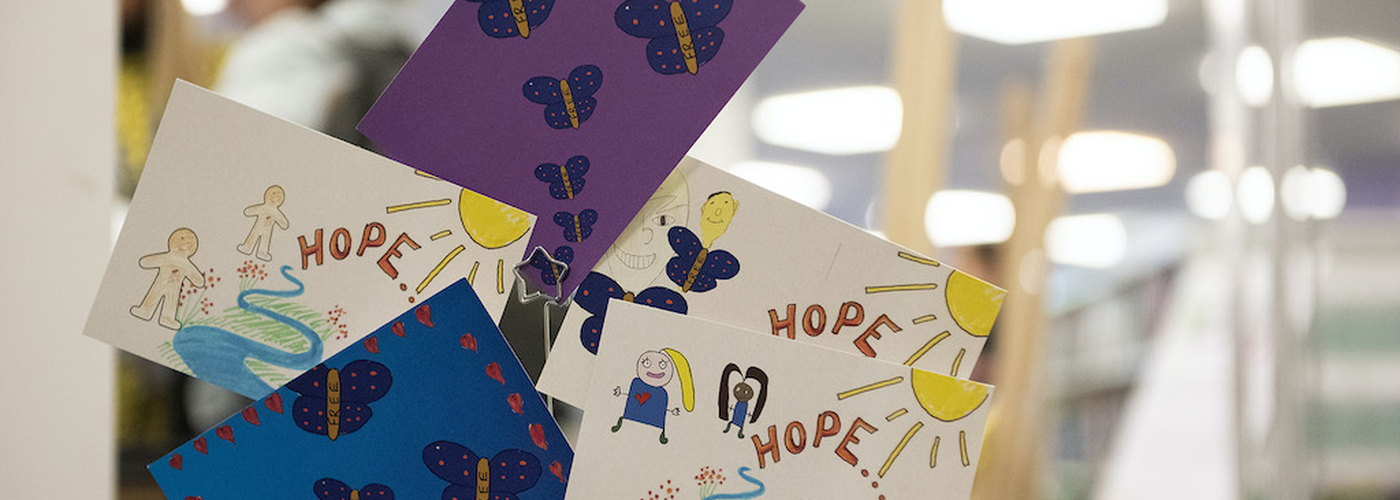An extra £19.5 million is needed to save frontline organisations, says letter to the Chancellor
Leaders from across the Greater Manchester voluntary, charity, community and social enterprise (VCSE) sector have written to Chancellor Rishi Sunak asking for more support.
Greater Manchester is home to almost 16,000 citizen-led VCSE organisations. They are active in every aspect of the communal, economic, environmental and cultural life of our city region - providing services, support, jobs, activities and emergency aid. The letter outlines that without urgent support from the UK government, many of these will disappear just when they are needed the most.
Despite the government’s announcement of £750 million coronavirus funding for frontline charities, this will still leave the sector under-resourced. Greater Manchester Centre for Voluntary Organisation (GMVCO) estimates that, in the region alone, an additional £19.5 million is needed to avoid losing frontline organisations.
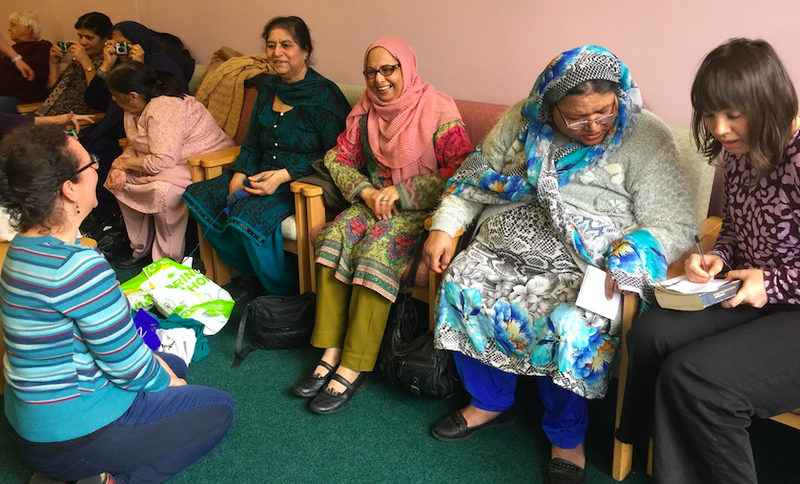
Those already at risk include Kashmir Youth project in Rochdale, Pankhurst Centre and Manchester Women’s Aid, Incredible Edible CIC in Salford, the Wai Yin Society, Beacon Counselling in Stockport and Radcliffe Market Hall Community Benefit Society in Bury. Problems they are facing include loss of income from renting out community spaces, loss of traded work which supported charitable work, lack of reserves to dip into and uncertainty around the availability of future grants as providers reduce or redirect funds. These concerns run concurrent with a growth in referrals, a need for income to change ways of working and an inability to furlough staff, who continue to be needed to meet demand from the most vulnerable in our society.
In 2017, GMVCO found that 29% of VCSE organisations had less than one month’s reserves, and 46% had less than three months’. Some have already ceased due to the economic effects of COVID-19.
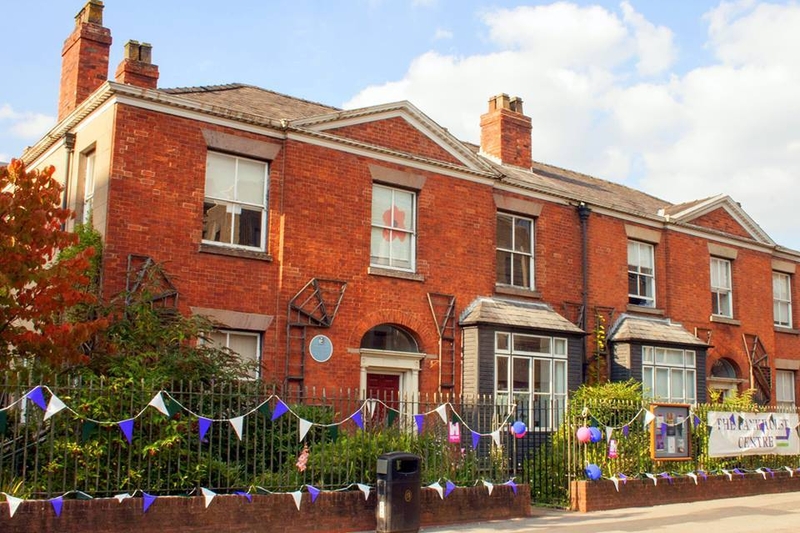
Warren Escadale, chair of the GM VCSE Leadership Group said: “Our sector and our communities have played an amazing role in addressing the impacts of this crisis. Unfortunately, as we emerge, the social and economic damage will become clearer and starker. As financial reserves run lower and lower, those communities hardest hit will need the vital support and action of their (VCSE) organisations more than ever. We endanger those most in need if we let these amazing, everyday cornerstones of our lives and communities go under. And without action, many will.”
The leaders are also asking for more flexibility for the furlough scheme, which does not work for most charities and social enterprises, who are seeing lost income but increased demand; the Small Business Grant scheme is also not currently accessible to most. The letter calls on the government to enable the sector to use the Job Retention Scheme to pay the salaries of employees who would otherwise have been made redundant and to widen access to the Small Business Grant (£10,000) and the Retail, Hospitality and Leisure Grant to all organisations in receipt of charity rates relief.
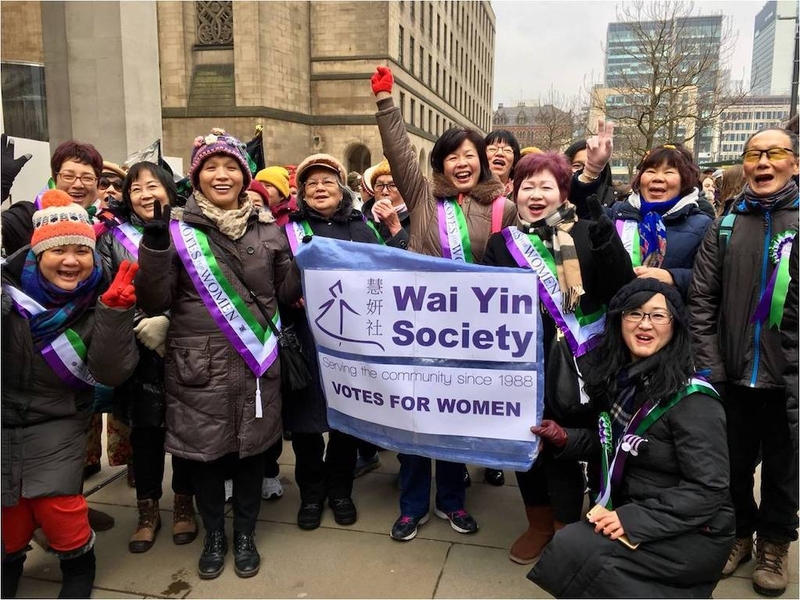
Currently nine out of ten BAME organisations are set to close if the crisis goes beyond three months, with 68% having no reserves. They serve our most disadvantaged communities. Atiha Chaudry, chair of the GM BAME Network and GM BAME SE Network, said: “The BAME community and voluntary sector has been hard hit by the COVID-19 pandemic. Mortality rates show a huge disproportionate impact for BAME communities compounded by the predictions that most of our sector will not survive unless they get urgent support. Local level community support services are a critical help line for BAME communities.”
Chris Dabbs, chair of the GM Social Enterprise Network summarised: “As we rebuild, let us redesign our economy and systems so that they work for all of us. Social enterprises and co-operatives have a key role in achieving a thriving, inclusive economy in Greater Manchester and elsewhere. Effective government can play a vital role, but delayed or uncoordinated action can have grave consequences. We risk losing many social enterprises very soon. They need the right support now, so that they can contribute to a better future for us all.”
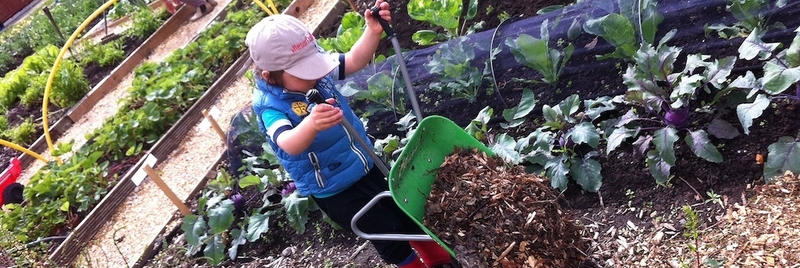
The letter has been sent from the Chairs of GMCVO (Greater Manchester Centre for Voluntary Organisation), the GM VCSE Leadership Group, the GM BAME Network and Social Enterprise Network and the GM Social Enterprise Network, representing thousands of organisations from across Greater Manchester.
Organisations already at risk include…
Kashmir Youth Project in Rochdale has lost income from room hire and training. Its current reserves will only last for another few months.
Incredible Education CIC in Salford, which provides nature based services for local communities, has lost income from not being able to work with schools. It has had to postpone five grants and has no reserves.
The Wai Yin Society has seen a rise in referrals from people shielding with issues including language barriers, mental health, social isolation and experiencing hate crime. It is currently grant-funded until July but faces uncertainty, with many grant programmes reducing or redirecting funds.
Despite increased costs for remote working equipment, PPE, increased need for welfare payments and refuge moves, the Pankhurst Centre and Manchester Women’s Aid in Manchester has lost income from having to close the museum and lack of donations. It only has three months’ operating reserves.
Beacon Counselling in Stockport is continuing to provide counselling for people of all ages experiencing mental and emotional distress, despite income reductions due to a loss of traded work in schools, employers and the public sector. It has only been able to furlough three of 40 staff and has less than seven weeks of cash in hand.
Radcliffe Market Hall is run by Radcliffe Market Hall Community Benefit Society as a social enterprise and usually makes an income from stall holders and bar profits, which has reduced to only nine units currently trading. Its income has dropped from c£30k to c£11k per month and cash flow is an issue due to utilities owed and bar stock that can’t be sold.
Read the full letter to the Chancellor here. Individuals or organisations who want to tweet support for the letter can do so using the hashtags #buildbackbetter and #nevermoreneeded.





